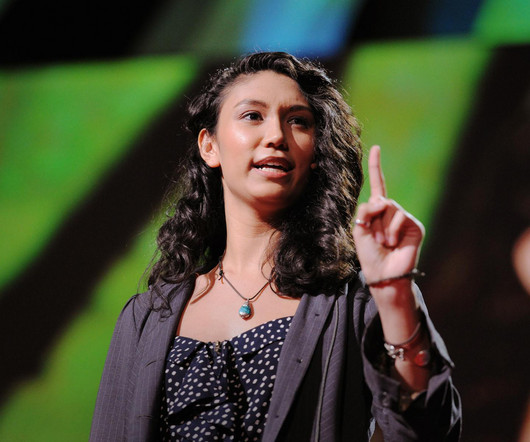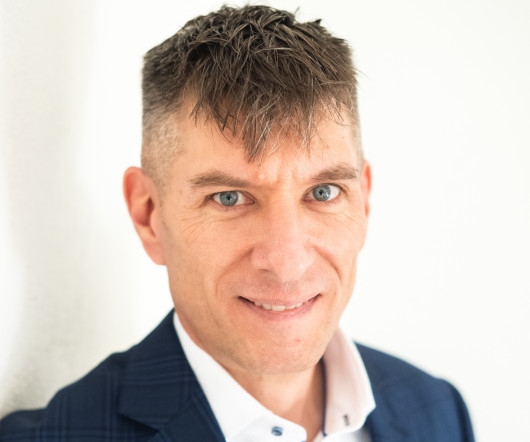Pollution – Why we replaced horses with automobiles
Green Project Management
MAY 13, 2019
Henry Ford never said people wanted faster horses, “what they wanted was less horseshit” (Flowers, 2014). It was a little more complicated than that, but you get the general point. The lesson of this post is that too much of anything can be bad, and we need to look at the whole asset life-cycle system […]. The post Pollution – Why we replaced horses with automobiles appeared first on Delivering a better world, one project at a time.















Let's personalize your content